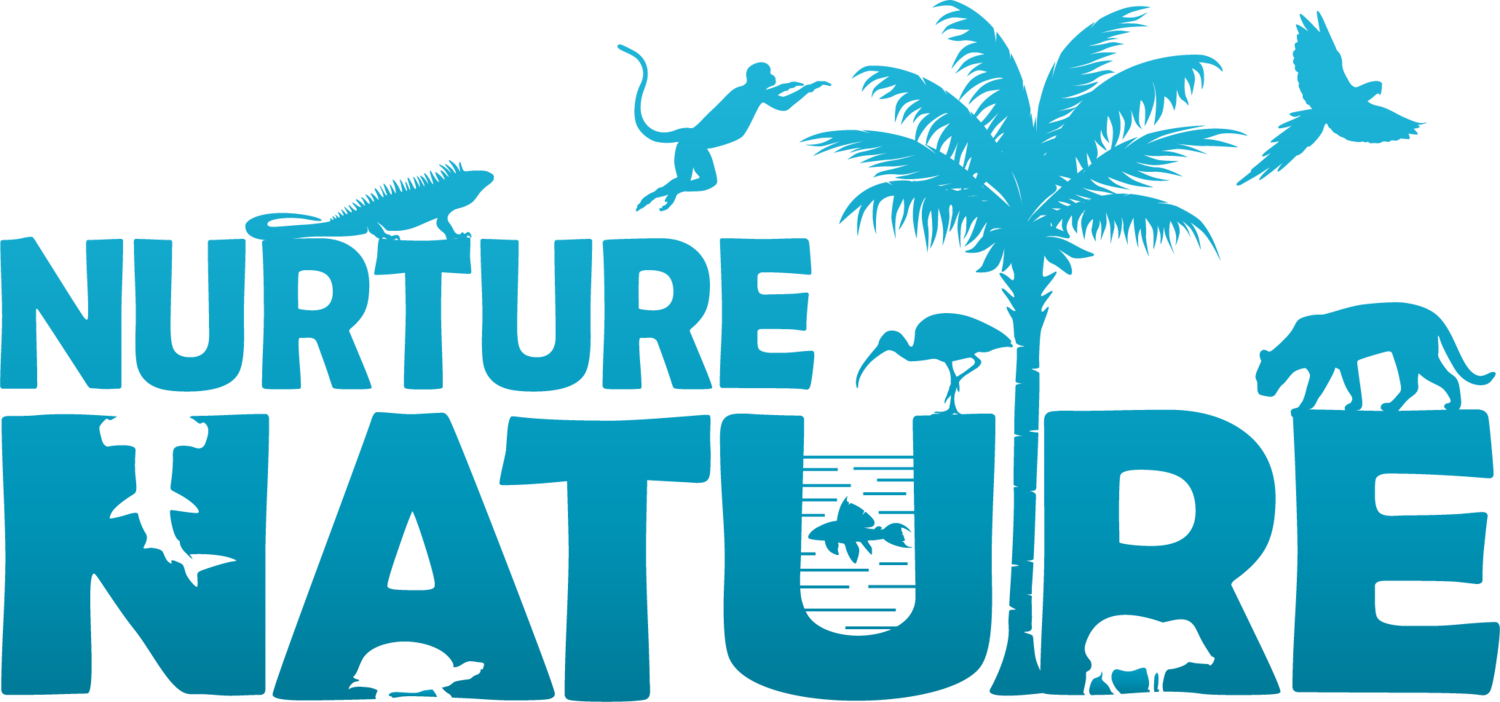Join us to learn about the harmful pet wildlife trade, the species it affects, and what veterinarians can do to stop it in the Southern Caribbean. The Nurture Nature Campaign previously hosted this public webinar for veterinary students in the schools of veterinary medicine at both the University of West Indies (STA) and St. George’s University.
All kinds of animals end up in vet clinics, not just dogs and cats but monkeys, macaws, and more. But where do these wild animals come from? How did they end up as someone’s ‘pet?’ And what should vets even do when this kind of animal turns up at their clinics?
These are important considerations for Caribbean vets, who handle a wide range of tropical wildlife in addition to domestic species. Most of the wildlife they may care for are victims of an illegal wildlife trade which is rife with harms (to animals, ecosystems and public health) but occurs in broad daylight. ‘Pet’ monkeys with gold chains, parrots on shoulders and red-tailed squirrels on leashes are common sights in the Southern Caribbean. Meanwhile, an unfathomable number of animals die in the smuggling process.
This webinar hopes to introduce the next generation of vets to the ethical dilemmas posed by the wildlife trade. The Nurture Nature Campaign will be providing insights and tentative answers to hard questions for Caribbean vets who are often working ‘on the frontlines’ to mitigate this harmful trade.
These are just some of the species The Nurture Nature Campaign has found in the harmful pet wildlife trade in T&T.
The webinar was originally broadcast on October 28, 2021 @ 5:30pm AST on Zoom and FB Live.


